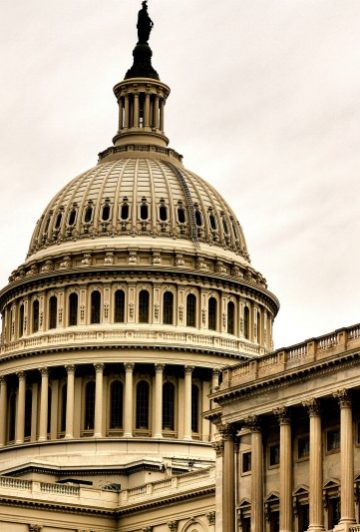
The Transformation of American Government
Christopher DeMuth
Hertog Foundation | 2013
Today’s front-burner domestic policy debates reflect three fundamental changes in American government that have been in train for several decades and have accelerated dramatically in recent years:
- The decline of Congress as a representative legislature, and the assumption of broad lawmaking powers by the Executive Branch (both the President and the numerous administrative and regulatory agencies) and Federal Reserve.
- Routine deficit spending and growing government debt, accompanied by government promotion of private borrowing for such things as home mortgages and college tuition.
- The shift of federal spending from traditional public goods (e.g., national defense, courts, and transportation infrastructure) to transfer payments to individuals (e.g., Social Security, Medicare, and other “entitlements,” and narrower programs from welfare to farm subsidies).
This course will examine the causes of these developments; their consequences for political debate, policymaking, and public welfare; and the prospects for institutional reform.
Image: “United States Capitol” by Phil Roeder | Flickr, CC BY 2.0